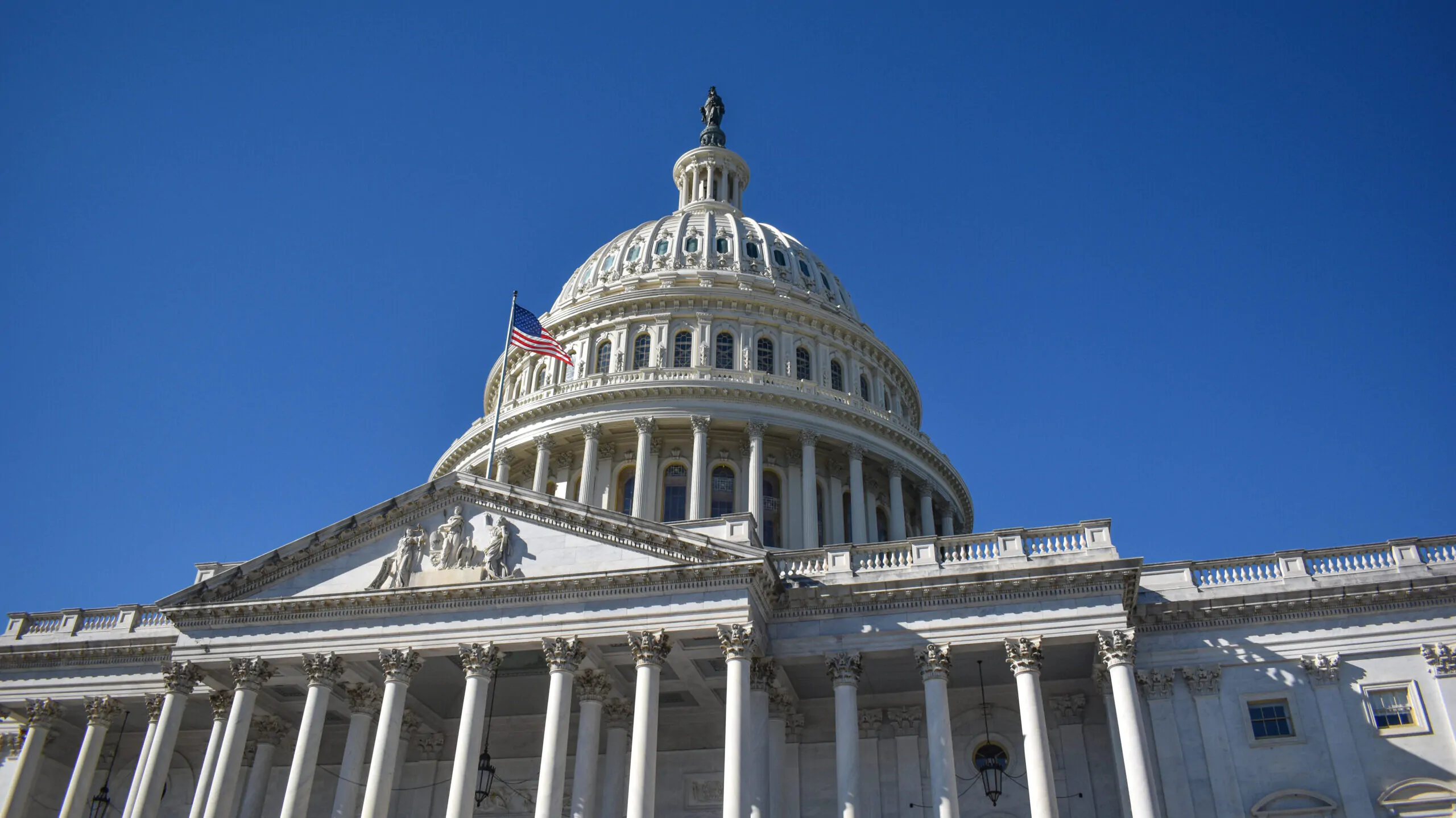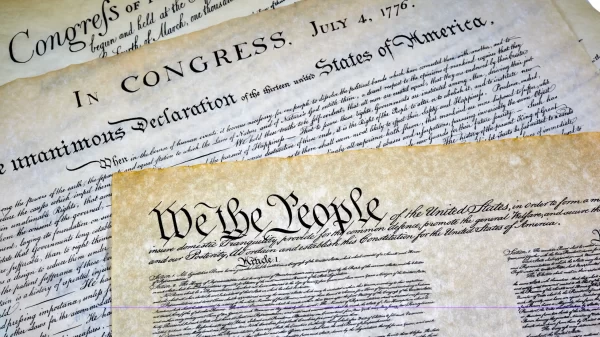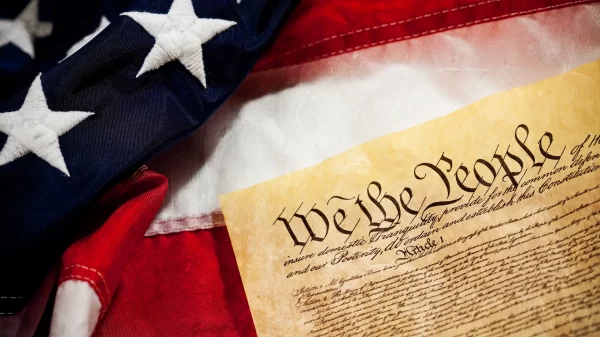|
Getting your Trinity Audio player ready...
|
In my 10th grade Civics class, we debated the role of state and federal legislators. The dialogue centered on whose beliefs should drive an elected official’s activities. Were they supposed to reflect those of the people they represented, or were they elected to express their personal beliefs in the expectation that these would benefit the citizenry?
Interestingly, neither the Constitution nor the Oath of Office specifies whom Senators and House members represent. The states remodeled their existing legislative chambers after the federal version, but their new foundational documents were also bereft of this guidance. My position in 10th grade and now is that legislators were the people’s representatives and were obligated to reflect their beliefs, not personal ones or only those of their supporters. This, however, has not been a reality for some legislators since our first Congress was seated, and we have (frequent) occasions where the people support one side of an issue, while their representatives at either government level are on the opposite side, even when the latter stance is not beneficial to citizens’ well-being.
Some members of the initial Congress advocated a national religion at the behest of pastors and influential citizens in their home states who disagreed with the separation clause of the First Amendment. Also, various business owners influenced members of Congress to pass favorable trade laws, taxes, and treaties to benefit their businesses.
Pollution and gun control are modern-day issues on which the public and legislators disagree. Most of the public advocates for stricter regulation at both the state and federal levels. Still, their delegates, influenced by industry lobbyists, consistently vote against these laws, resulting in increased disease, injury, mortality, lost productivity, and financial burden. This averages $15.4 billion annually in Alabama, which is unacceptable in a state perpetually strapped for cash, and our legislators should answer for this financial mismanagement.
Although a few individuals spoke against this sort of pressure from the beginning, these practices continued and grew, and today, it appears to many that the government is no longer “for the people,” but for big business and its owners.
Beginning with my Civics class and for several years thereafter, I naively believed that legislators were resolute public servants. As a traditional Conservative, I believed in most people’s inherent goodness and rights, including legislators. I was disabused of these beliefs regarding the latter by several incidents and realized that they were more interested in perpetuating their sinecures, gaining power and wealth, and more responsive to lobbyists and business owners, who enabled them to achieve these goals, than to those they should represent or even those who voted for them. This disenchantment and the Republican Party’s subsequent shift to increasingly bizarre ideas resulted in my becoming an Independent, though I still harbor traditional conservative ideals.
Too many people have become discouraged because they have been repeatedly ignored by those they elected. As a result, they have stopped participating in political activities or expressing their opinions to their legislators. This is understandable but deleterious, as without citizen participation, Democracy withers and eventually dies.
Citizens have forgotten they have powerful tools to exert tremendous power over politicians. People must reject their discouragement and exert their power. They must remember that “politicians are employees and that we pay their salaries,” and that they must be reminded of this loudly and frequently, and that they can be fired for unsatisfactory performance. We should not have tolerated Sen. Tuberville’s denial of all military promotions for many weeks because he did not believe in abortion. Too, what about the time our state representatives have squandered on adding religion to public schools and debating what youth can and cannot access on the internet. At the same time, more significant issues were left to die as the session ended. How much did these antics cost taxpayers? Should we require state legislators to reimburse this money to the General Fund?
Do not allow our representatives to believe that you will unquestioningly continue to re-elect them, regardless of their behavior or promises, or because they represent the party you support. Party affiliation is important, but it does not take precedence over national allegiance, and doing what is best for our fellow citizens, as George Washington stated. Do not let politicians falsely promise what they will do if (re)elected or state vacuously, “I support the President.” Instead, tell them what they are expected to accomplish, that they must contemplate each issue, and when necessary, act for the country’s well-being and not march in goose-step with the President. This is not simply done with an occasional vote but with letters, petitions, calls, texts, and face-to-face conversations.
The government is ours; it does not belong to politicians, lobbyists, or industrialists. It has only become that way because we allowed it, and it is now time to restore it to what it was meant to be and what our Founders intended. And for those of you who claim to be Republicans, please read Reimagining Conservatism by former U.S. Representative Mickey Edwards and discover how you have been led astray.




















































